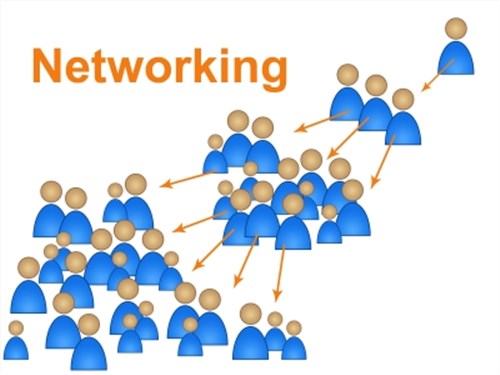
The Internet of Things (IoT) is the ultimate source – and application – of big data. Every fact of life has been impacted, from WiFi-enabled cars that send text messages to our cell phones when tire pressure is low, to room temperature we can set on the way home from a trip.
IoT, simply put, is the relationship between devices of any kind and the internet. If you can access and control it with your smartphone, it is part of the IoT. Today. You can get IoT medical devices, home security, FitBits, Chromecast, and a million other devices that communicate over the internet, with the company and with you.
Today’s customers have unprecedented access to companies. Methods of communication include snailmail, phone, email, social media, and online chats. They can troubleshoot their own issues online, and do extensive research on the product, the seller, and the manufacturer. They can also find out how others react to the product they plan to order. And still, most companies fail to meet customer service expectations.
Improving customer service
In the future, IoT will extend much further into our lives. Your air conditioner will send you a reminder when it’s time to change the filter, and you’ll be able to set parameters for service. For example, you might program your refrigerator to maintain a certain temperature, request a diagnostic test from the company when it cannot meet the setting, then have a report sent back to detailing the situation, the fix, and even a quote for maintenance – all automated.
While this is speculative, the technology is already in place. It’s a short leap to expanded data collection and automated customer service.
The impact on customer service will be considerable. Companies will be able to proactively advise customers when a product needs servicing, and recommend new products and upgrades based on individual usage, much in the way cell companies can analyze your bill and recommend a more efficient plan based on your monthly pattern of usage.
Customer relationship management systems (CRMs) already track a wealth of customer data about sales, social media, interactions, and demographics. In the not-too-distant future, CRMs will help you determine predictive maintenance, which will head off upcoming issues, save your customers money, and make you look like a customer service superhero.
Imagine that phone call, “Hello, Mrs. Smith? This is Bob over at Bob’s Awesome Appliances. We had a message from your refrigerator that it’s not maintaining the proper temperature, and an online diagnostic test shows that you need a new thermostat. There are three repair shops servicing your area, and the one with the best reputation for service is A-1 repair. Would you like us to schedule a service call?”
Your sales and marketing departments will benefit as well. They’ll be able to build rapport and make highly targeted offers based not only on what customers purchase, but on how they use the goods they purchase every day. An established pattern of behavior will allow sales and marketing to steer customers to the goods and service that best fit their actual use. And that means a happier, more loyal customer.
The customer point of view
When laid out, data collection sounds intrusive and a little suspicious. Some customers may want to opt out for that reason. However, it’s nothing new. Web services like Amazon, Google, and Facebook have been priming customers for years. Monitoring browsing habits allows them to place highly targeted ads on nearly every page the customer visits, and even advertise in their email box. Location services send push notifications on their phones when they are in proximity to a retailer, and restaurants benefit from search parameters that consider immediate neighborhood first.
Preparing for the next
Even though this is already in the works, some retailers will be caught sadly behind the eight ball when it comes to technology. If you are going to keep up with the times, you should be making preparations now…even if you are not selling internet-connected appliances or smart cars.
Preparing for the future means training your people to fully invest in CRM, including sales, marketing, and customer service. Some tasks can already be automated… using all the features of your CRM and its various integrations now will help you prepare your staff for the what’s coming in the future.
Customer service will inevitably change, but one thing will remain the same: automation cannot replace the personal experience. Your task, as technology puts added dimension and potential at your fingertips, is to use it to raise the bar on personal communications, roll out new products and services based on all the data you’ll be able to collect, and continue to improve. Allowing technology to replace the human touch would most likely prove to be a fatal mistake.
At Insightly, we offer a CRM used by small and mid-sized businesses from a huge variety of verticals. Learn about all of Insightly’s features and plans on our pricing page or sign up for a free trial.
















